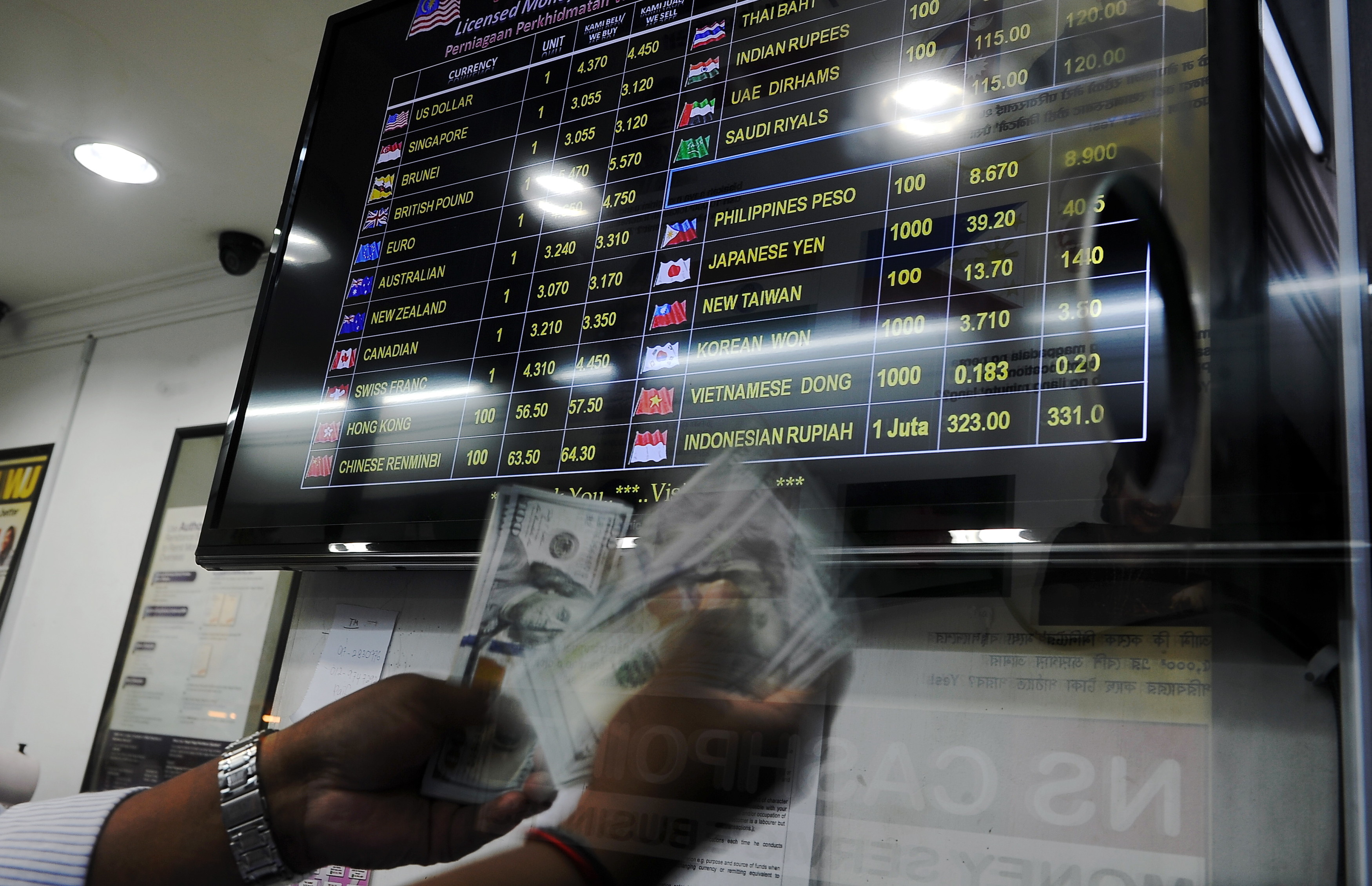By Zarul Effendi Razali and Zairina Zainuddin
KUALA LUMPUR, March 20 (NNN-BERNAMA) — Bank Negara Malaysia’s (BNM) decision to reduce the statutory reserve requirement (SRR) ratio to 2.0 per cent effective today from 3.0 per cent previously is timely in view of current economic situation, say economists who were already anticipating such a move.
Malaysian Rating Corp Bhd chief economist Nor Zahidi Alias said the cut, announced yesterday, was expected but economists had varying views about the quantum of reduction needed.
He said a pronounced supply shock normally affects the liquidity in the system, and therefore, a reduction in SRR is necessary.
“Even if liquidity remained sufficient at this juncture, the likelihood of a material shock in the real economy (resulting from the COVID-19 outbreak) makes it necessary for policy makers to react early.
“A sharp decline in liquidity will also result in higher volatility in the financial markets and that will have a profound impact on businesses and consumers. In the end, the real economy will be affected. That is why it is good to react now,” he told Bernama.
Since 2019, the SRR has been reduced by 150 basis points, Nor Zahidi said, noting that during the 2009 recession, it was slashed by 1.0 per cent.
Going forward, he said, more monetary-fiscal measures would likely be unveiled if the current episode of COVID-19 outbreak were prolonged.
“This is in view that this time around, the global economy is affected simultaneously and therefore, it will likely have a material impact on the Malaysian economy,” he explained.
Juwai IQI chief economist Shan Saeed said BNM has made a solid move taking into account the liquidity position in the future, providing banks with ample liquidity so that there is no case of liquidity stress in the market.
“BNM is continuously monitoring the banking financial system to bolster the industry’s requirements. We are not living in normal times. In these challenging times, central banks need to be proactive in order to stay ahead of the curve.
“Moreover, globally speaking, we are heading for lower interest rate regime. Last year, 47 central banks lowered their interest rates. This year, 12 central banks globally have lowered their interest rates including the UK, the Philippines, Malaysia, the United States and Canada, to name a few,” he said.
Based on the trend in the global financial markets, he said, a few central banks provided liquidity to the banking system from September 2019 to March 17, 2020, including the US Federal Reserve (US$7.7 trillion), Bank of Japan (US$3.2 trillion) and European Central Bank (US$4.7 trillion)
“Prudent monetary policy and effective liquidity would buttress the banking sector going forward. We would not be surprised if BNM lowers the OPR to 2.0 per cent so as to support the GDP outlook for this year. The ringgit is going to follow the yuan and oil movements in order to determine its fair market value,” he added.
Besides reducing the SRR to 2.0 per cent, the central bank said each principal dealer will be able to recognise Malaysian Government Securities (MGS) and Malaysian Government Investment Issues (MGII) of up to RM1 billion as part of the SRR compliance.
“This flexibility for principal dealers is available until March 31, 2021. These combined measures will release approximately RM30 billion worth of liquidity into the banking system,” BNM said in a statement yesterday.
Meanwhile, Bank Islam Malaysia Bhd chief economist Dr Mohd Afzanizam Abdul Rashid welcomed the SRR reduction as the financial markets have become jittery as the COVID-19 pandemic and its impact on the global economy are expected to be dire.
Therefore, at this juncture, ensuring sufficient liquidity is of utmost importance so that the financial intermediation process, such as borrowing and lending activities, would not be disrupted following the risk aversion, he said.
He said the bank’s estimates from January’s Eligible Liabilities showed that the amount of liquidity to be injected should be in the region of RM15 billion.
On the recognition of MGS and GII of up to RM1 billion as part of SRR compliance, he said it shows that BNM is committed to ensure that the financial system has sufficient liquidity in the face of global uncertainty.
The central bank last cut the SRR ratio on Nov 16, 2019, to 3.00 per cent from 3.50 per cent, a move taken to ensure sufficient liquidity in the domestic financial system.
— NNN-BERNAMA






